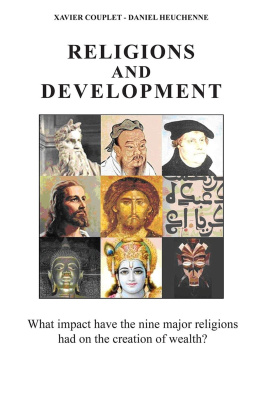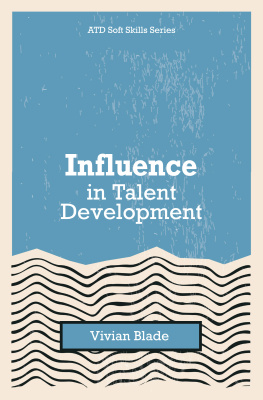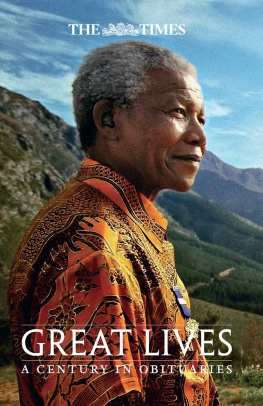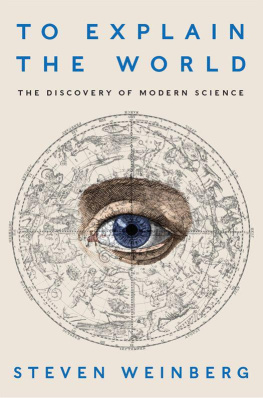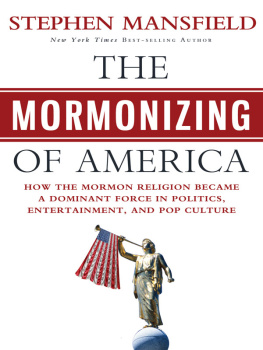Xavier COUPLET - Daniel HEUCHENNE
RELIGIONS
AND DEVELOPMENT
What impact have the nine major religions had on the creation of wealth?
Adapted from
Religions et Developpement
Originally published in French by Economica, Paris, 1998.
(ISBN 978-2-7178-3570-9)
Adapted in English by Gary Gluck
2009 Couplet Heuchenne
relidev.inf@gmail.com
Lightning Source, Inc. 2009
ISBN: 978-2-9600709-1-0
Introduction
Chapter 1 Correlation between Religions and Development
- Absolute and Relative Religious Majorities
- What Development?
- Indicators of Development
- General Coherence of the Religion-Development Relationship
- Yugoslavia, a Textbook Case
- South-East Asian Countries
- The Caribbean Countries
- Ethnic Minorities Keep Their Specificity
- An Unalterable Relationship?
Chapter 2 Analysis of the Religion-Development Relationship
- Development: Ancient History
- The Mathematical Laws of Growth
- Theories of Underdevelopment
- Chaos and Development
- The Multiple Factors Impacting Development
- Economic Systems
- War and Violence
- Colonisation and Unequal North-South Relations
- Natural Resources
- Climate
- Food
- Family Structures
- From Writing to Scripture
- Education
- Religions-Development Relationship
Chapter 3 Judaism
- Israel
- Judaism and Globalisation: From Jerusalem to Jerusalem
- A Dynamic Economy with Multiple Constraints
- Lending With Interest to Non-Jews only
- The Talmud
- Freud or the Mechanics of the Subconscious
- By Way of Non-Conclusion
Chapter 4 Confucianism
- Confucian Countries
- Confucianism and Globalisation
- The Master Said
- China
- The Historical Evolution of Confucianism
- Taoism and Confucianism
- Buddhism Meets Confucianism
- China misses its Meiji Revolution
- Confucianism and Marxism
- Japan
- Shintoism
- Buddhism in Japan
- Japanese Confucianism
- The Same Religions Yield Different Levels of Development
- The Four Dragons
- Factors Favourable to the Development of the Dragons
- Confucianism and Development
- Factors of the First and Second Degrees
- Factors of the Third and Fourth Degrees
Chapter 5 Protestantism
- Protestant Countries
- Traits Common to the Three Christian Religions
- Forms of Protestantism
- Are Protestant Countries Really More Developed?
- Protestantism and Development
- Protestant Ethics and the Spirit of Capitalism
- Factors of the First Degree
- Factors of the Second Degree
- Factors of the Third and Fourth Degrees
Chapter 6 Catholicism
- Catholic Countries
- Catholicism and Globalisation
- Power in the Catholic Church
- The Catholic and Protestant Mentalities
- Latin America
- Relatively Poor Countries
- Chile and Argentina or the Art of Misdevelopment
- Political Structures in the Americas
- Mental Anarchy
- Liberation Theology
- Catholicism and Development
- Factors of the First Degree
- Factors of the Second Degree
- Factors of the Third Degree
- Factors of the Fourth Degree
Chapter 7 Orthodoxy
- Orthodox Countries and Churches
- The History of Orthodoxy or Orthodoxy and Globalisation
- The Rise and Fall of the Constantinople Patriarchate
- The Rise of the Moscow Patriarchate
- The Greek Exception
- Orthodox Theology
- The Economies of Orthodox Countries
- The New Wall
- Conflict within the Orthodox Faith
- Orthodoxy and Development
- Factors of the First and Second Degree
- Factors of the Third and Fourth Degree
Chapter 8 Islam
- Muslim Countries
- Islam and Globalisation
- The Foundations of Islam
- Human Rights in Islamic Countries
- An Immutable Law?
- The Status of Women in Islam
- Islam and Development
- Factors of the First Degree
- Factors of the Second Degree
- Factors of the Third Degree
- Factors of the Fourth Degree
Chapter 9 Buddhism
- Buddhist Countries
- Buddhism and Globalisation
- Buddhas Religion
- The Life of Buddha
- His Line of Conduct
- Mysticism
- Buddhism and Philosophy
- The Vehicles
- Thailand
- Factors of Thai Growth
- Asian Factors
- Buddhist Factors
- Factors Contrary to Buddhism
- Western Factors
- Buddhism and Development
- Factors of the first and the second degree
- Factors of the third and fourth degree
Chapter 10 Hinduism
- Hindu Countries
- Hinduism and Globalisation
- The Religion of the Indus
- Economic Development in India
- The Influence of Religion on Development
- Goa
- Punjab
- The Kerala Miracle
- Bangalore
- Hinduism and Development
- Factors of the First and Second Degree
- Factors of the Third and Fourth Degree
- Conclusion
Chapter 11 Animism
- Animist Countries
- Animism and Globalisation
- Animism or the Fear of Chaos
- Dogon Mythology
- Solidarity
- Demography
- Tribal Powers
- The Mindset
- The New Africa
- Are We All Animists?
Conclusion
- Liberalism and Marxism
- Independent Factors
- The Outlook
Bibliography
Appendices
- Table 1A Religious Group : Negative Factors
- Table 1B Religious Group : Positive Factors
- Table 2A Economical-Political Group : Negative Factors
- Table 2B Economical-Political Group: Positive Factors
Introduction
Working for many years on the economic development of countries with religions as different as Catholicism and animism, or Islam and Protestantism leads one to consider the relationship between the prevailing religious culture of a nation and its capacity to develop. An economist cannot help being taken aback by the present economic hardship suffered by many Muslim countries endowed with natural resources and located close to Europe. This is in sharp contrast to the unmatched ability of a few Confucian countries on the other side of the planet to develop and compete with the early industrialised states, regardless of their geographical or political characteristics. Could religions and cultures be at the root of vast worldwide economic disparities?
Culture is obviously intertwined with religion and at times it becomes difficult to distinguish one from the other. But the authors first surprise in their study of the relationship between religions and development was to observe that religions do seem to be one of the key factors of development. The second surprise came from establishing that this relationship, as coherent and systematic as it is, remains mostly unknown, not only to religious leaders, but to economists as well. The latter seem reluctant to admit that things religious and spiritual may have a bearing on things economic and material, yet one can find a fairly similar economic/religious message every year in their global surveys. Thus in Western Europe, a few northern countries set themselves apart through their dynamism they are Protestant. The United States, Australia, New Zealand consolidate their economic growth they are also Protestant. Eastern European countries struggle to rise out of economic chaos they are mostly Orthodox. Latin American nations rise up only to fall back harder they are Catholic. The Middle East and North African countries endure hardships and extreme tensions they are Muslim. Sub-Saharan African countries are beset by genocides and destabilisation they are animist. Eastern Asian countries are emerging and they are Confucian.

